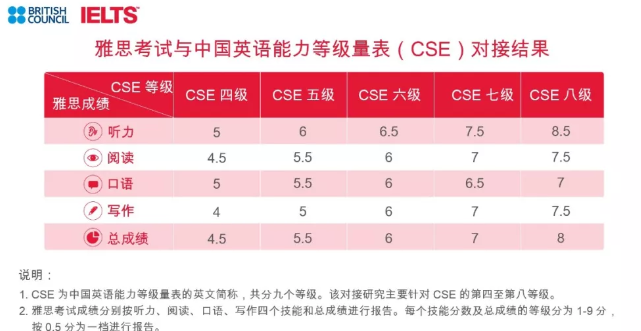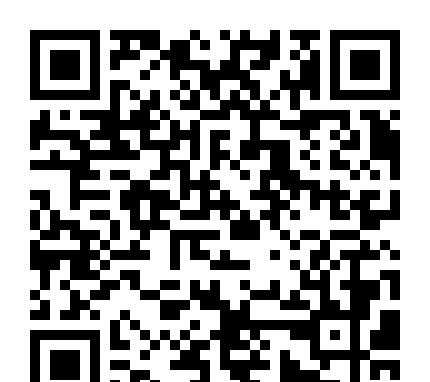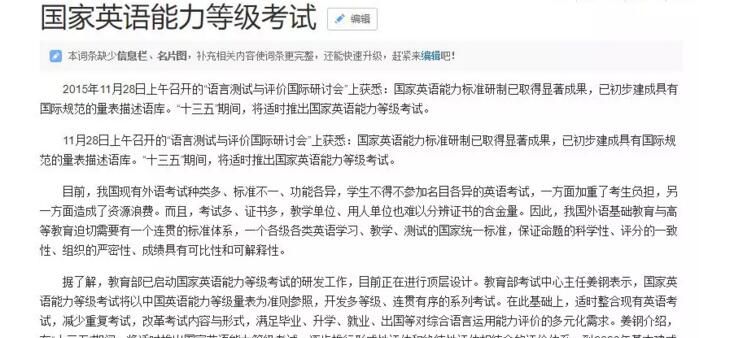Poison milk kills 3rd kid, infects more
|
Contaminated milk food has claimed its third victim and the number of infants suffering its consequences across the country has risen almost five times to 6,244, the Ministry of Health said yesterday. The milk food scandal has caused the first heads to roll in the Shijiazhuang administration, too, with the sacking of five officials. The provincial capital of Hebei, Shijiazhuang, is the base of the Sanlu Group, whose baby milk food is responsible for the deaths and suffering of the infants. The officials sacked are Ji Chuntang, deputy Party secretary of Shijiazhuang, Zhang Fawang, Shijiazhuang vice-mayor in charge of agricultural production, Sun Renhu, chief of animal husbandry administration, Zhang Yi, director of food and drug administration bureau, and Li Zhiguo, quality inspection bureau head. Ji was sacked yesterday and the others the day before. The third infant died in Zhejiang province, Minister of Health Chen Zhu told a news briefing, organized by the State Council Information Office. Two infants, diagnosed with kidney stones, had died in Gansu province earlier. Though 4,917 of the suffering infants have been discharged from hospitals, 1,327 of them, mostly newborns, are still getting treatment, he said. Most of the babies have developed urinary tract problems, such as kidney stones, after being fed contaminated Sanlu milk food for three to six months, and 94 of the 158 suffering from "acute kidney failure" have recovered, Chen said. Baby milk food produced by 21 other dairy firms, too, has tested positive for melamine, a chemical that makes milk appear rich in protein during quality tests, said Li Changjiang, director of the General Administration of Quality Supervision, Inspection and Quarantine (AQSIQ). That prompted two dairy giants, the Yili and Mengniu groups, both based in the Inner Mongolia autonomous region, to recall their contaminated products yesterday. Sanlu did so last week after the first infant death came to light. Up until yesterday morning, however, there were no reports of children falling ill after drinking the other firms' milk food, possibly because the melamine content in their products was low, Chen said. He reassured the public that infants, even those seriously ill, could recover if they received timely treatment. Imported milk powder, however, is safe because AQSIQ quality tests on 224 samples of products from 18 countries and regions found no melamine. Li said the AQSIQ is now testing every dairy product for melamine, and the results would be released soon. "About 1,400 teams of 5,000 inspectors will be posted at all dairy product firms to oversee the process", he said. The milk food scare has crossed the country's borders, too, because two of the tainted companies, Guangdong-based Yashili and Shandong-based Suncare, have exported their products to Yemen, Bangladesh, Myanmar, Gabon and Burundi, Li said. Both have started recalling their products. Sanlu board chairman and general manager Tian Wenhua, who was sacked on Tuesday, has been detained for her "involvement in the adulteration of food products". Yang Chongyong, a vice-governor of Hebei, said Shijiazhuang officials received a report on the contamination from Sanlu on August 2, but didn't report it to the provincial government until September 9. "The Shijiazhuang government did not inform the public about this major food safety incident on time," Yang told reporters in Beijing. "They should bear a major part of the responsibility" for the scandal. The AQSIQ and the Ministry of Commerce received reports on tainted Sanlu products from the New Zealand government on September 9, Foreign Ministry spokeswoman Jiang Yu said in a statement yesterday. New Zealand dairy firm Fonterra owns 43 percent stakes in Sanlu. The central government launched emergency plans immediately after being briefed on the issue, Jiang said. |








